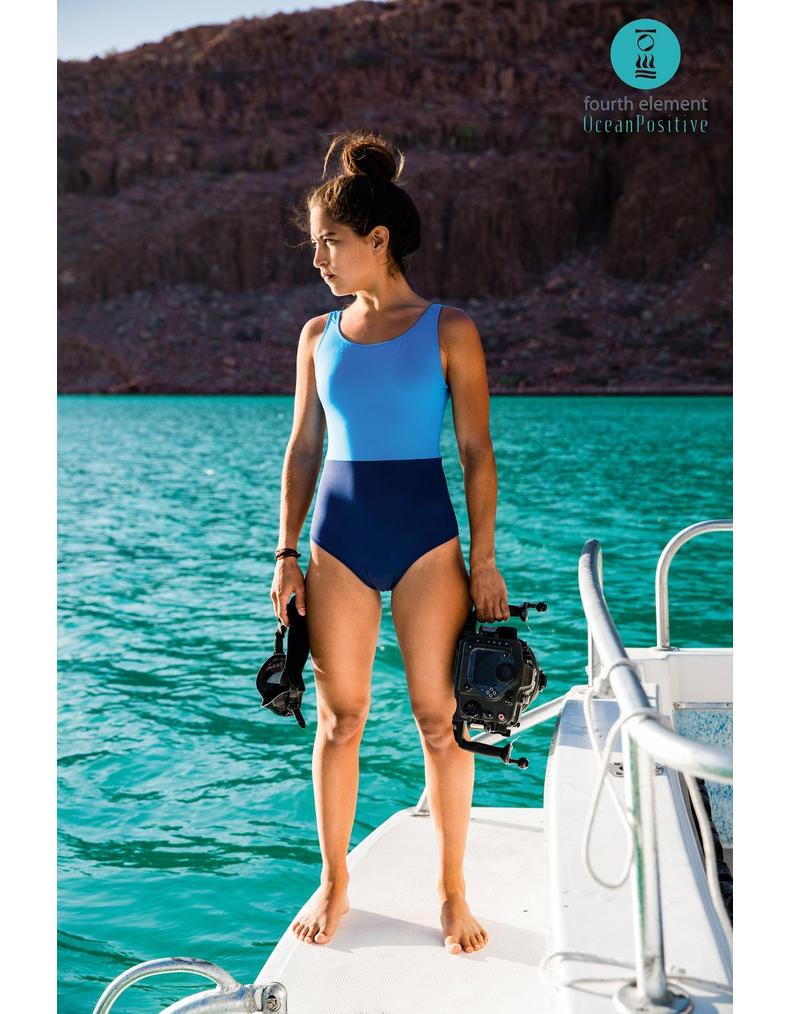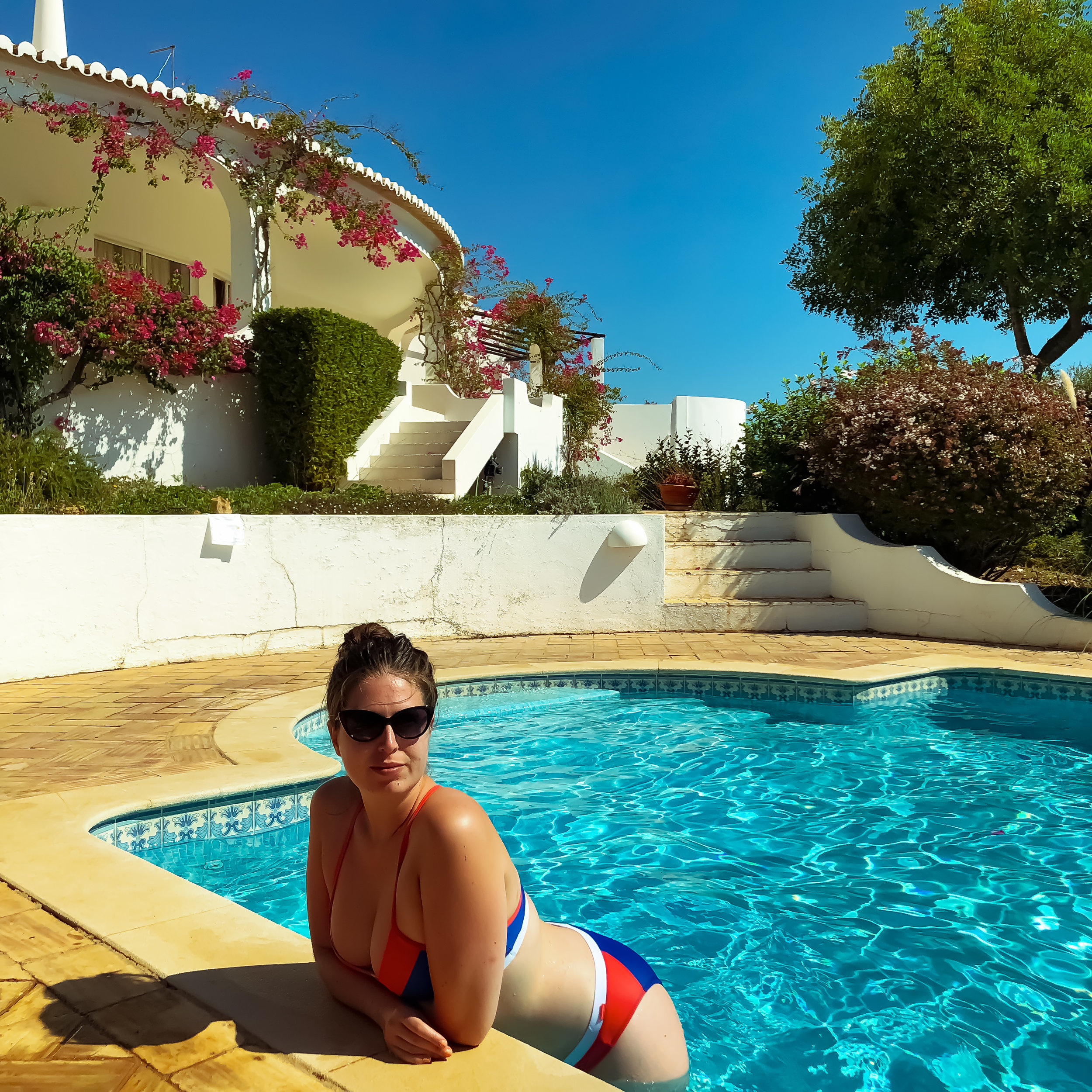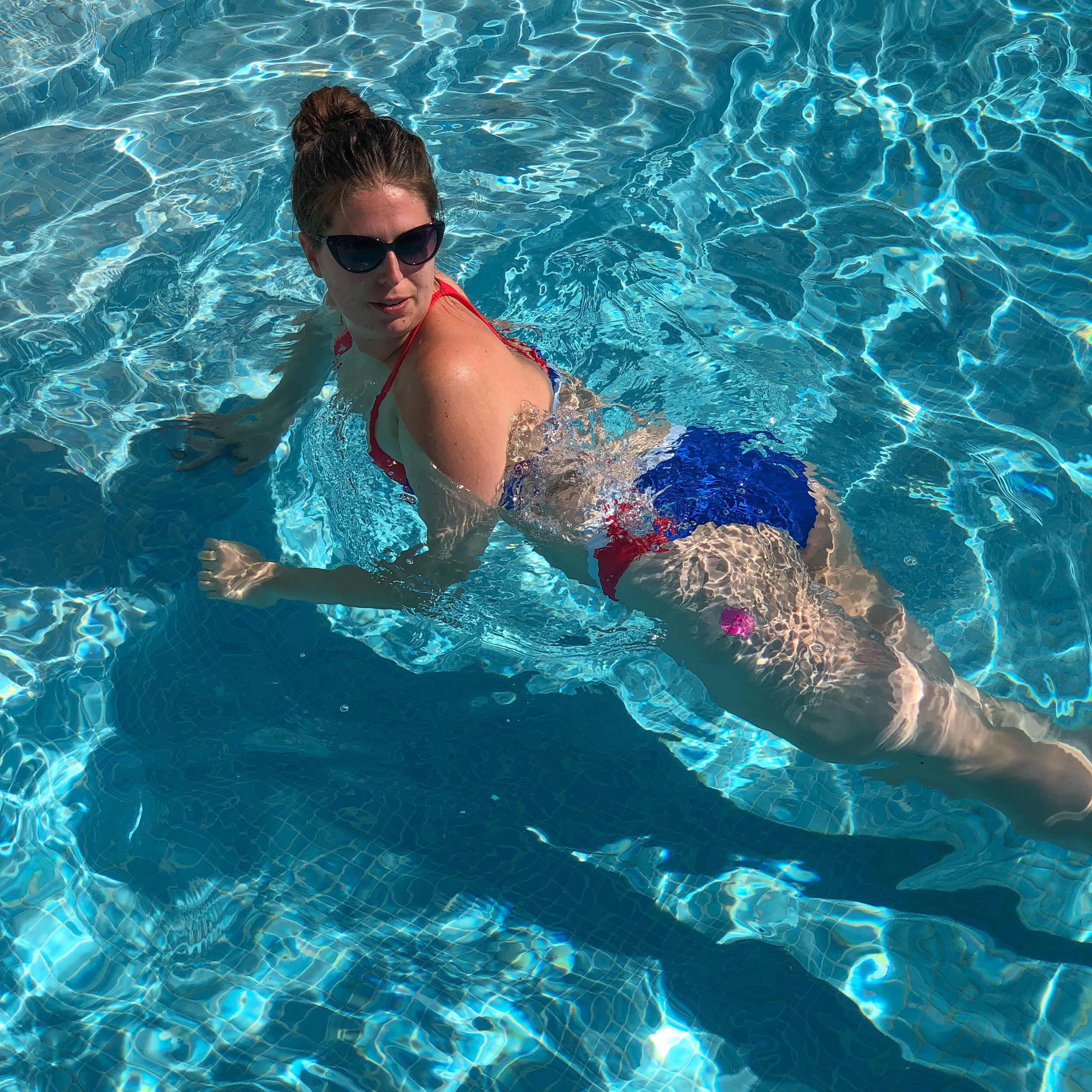Fourth Element: a review
There has been a lot of focus recently on our oceans and the damage being done by our obsession with plastic. We’ve watched David Attenborough show us the effects on marine life and there was another BBC programme, Drowning in Plastic, in the past few weeks with Liz Bonnin and it really got people talking about how bad the problem is now.
One thing that often gets left out of the discussion however is the part the fishing industry plays in this problem. I became aware of the damage caused by fishing when I watched Cowspiracy for the first time (now seen it 3 times – please watch it if you haven’t already!), and knew about seabed trawling, the increase in the amount of fish farm viruses and the fact that we could see fishless oceans by 2048.
More recently I have discovered something called ‘ghost nets’, this is where fishermen lose or discard fishing nets into the sea and leave them there. Ghost nets amount to over 600,000 tonnes of lost gear every year and pose a huge threat to marine life, from small fish to large mammals, as they continue to fish, long after they have been abandoned. According to an article in Female First, over the course of one year, ghost nets will endanger over 100,000 whales, dolphins, seals and turtles. The netting, as it’s made from plastic, takes a very long time to degrade and, when abandoned like this, scrubs coral on the seabed and causes damage to the natural seascape.
After discovering this I had a sense of guilt when I thought about swimming in the sea wearing plastic swimwear – its kind of hypocritical for someone who says they care about the oceans. I knew that I had a vacation coming up and wanted to see if there was some kind of eco-friendly swimwear I could source for the trip, that’s when I came across Fourth Element swimwear.
The Ocean Positive campaign, made up of Fourth Element, the Fat Face Foundation and World Animal Protection, works with divers all over the world to recover these ghost nets from wrecks and reefs and bring them to the surface so they can be recycled. They use ‘Econyl’, a recycled nylon yarn created by Aquafil, an Italian company that developed the process of turning nylon waste into first grade quality nylon. The nylon waste they use is largely from the abandoned ghost nets.
Fourth Element ocean positive products are made with a mix of the Econyl and a stretchy, long-life Lycra material. The end results are superior to competitive fabrics in UV and chlorine resistance, with a UPF of 50+.
I fell in love with the Lotte bikini set, a sporty red and blue combo perfect for the pool or sea! Compared to some other sites I had tried, the prices were very reasonable, and it always feels good to invest a bit more in something that is eco-friendly. The style is very simple, works well worn under wetsuits or on its own, and has no clasps or ties. I particularly loved the racerback style top, it was such a nice change to the normal styles I go for and made me feel more like a real swimmer :) Check out the set I bought by clicking here.
I also loved that the swimwear came in completely recyclable packaging – instead of plastic bags they were biodegradable packets made from Cassava Starch, which fully disintegrates and doesn’t cause harm to animals if ingested.
I loved swimming around in the pool and seas in Portugal, and felt great knowing I was helping to protect our oceans by wearing an Ocean Positive swimwear product. Check out Fourth Element next time you’re shopping for your next summer essentials!
Sources:
www.econyl.com
https://fourthelement.com
https://www.bbc.co.uk/programmes/b0bmbn47
https://www.femalefirst.co.uk/vegan/recycled-swimwear-1089160.html
http://www.cowspiracy.com/facts/










